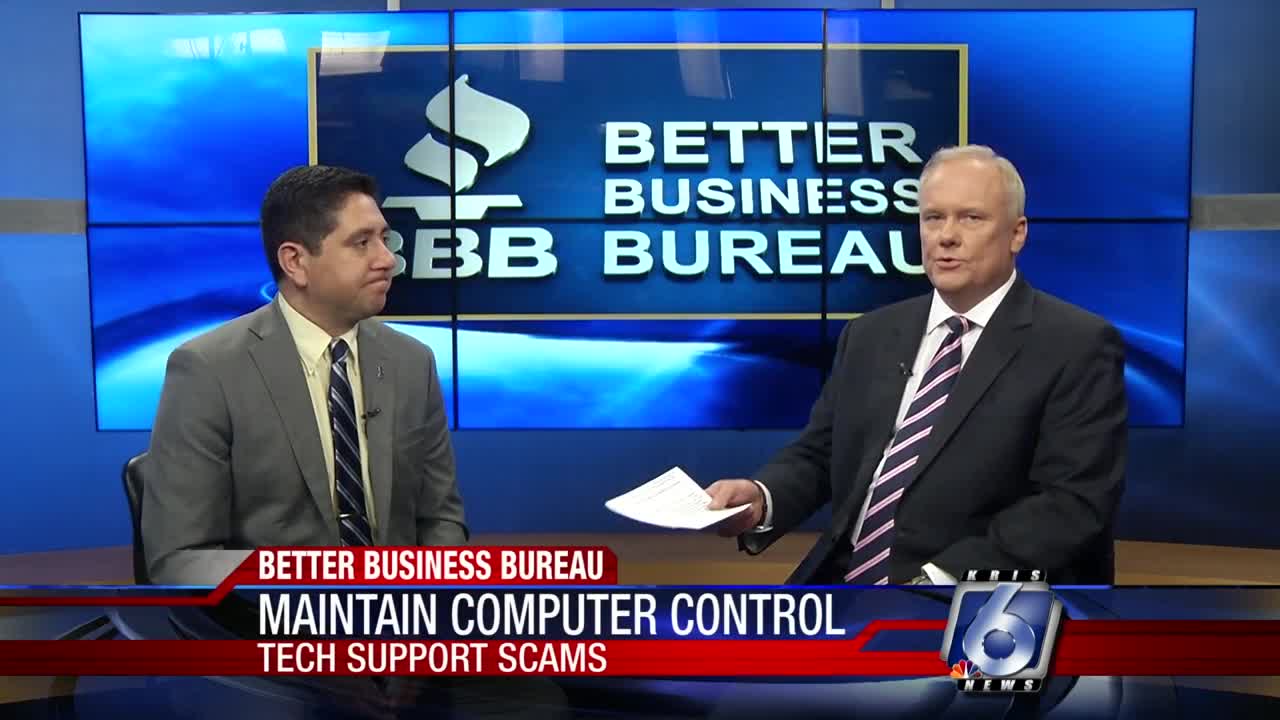If you have spent much time on a computer or even browsing the internet with a smart phone, it has probably happened to you. Click on a link that is supposed to take you to a site you want to visit, and suddenly, a warning message pops us telling you that something is wrong and advising you to call the number on the screen.
What should you do?
According to the Better Business Bureau, you start by assuming that it is a tech support scam.
As mentioned above, a tech support scam starts with a call or pop-up that alerts consumers to a computer bug or other issue. Scammers pose as tech support employees in order to pressure targets into paying for "support." If the scammers are given remote access to the computer, they may install malware as well.
It does not always happen that way, however. Sometimes, thieves get in touch with victims through cold calls. The caller, claiming to be from a major tech company (like Dell), says that servers have detected signs that the consumer's computer has a security problem.
Not likely.
How big of an issue are tech support scams?
According to the BBB Scam Tracker Risk Report, tech support scams were among the top ten riskiest scams last year. Here in the Corpus Christi area, one person lost over $1,000 just this month to a Tech Support Scam.
To keep from suffering a similar fate, the BBB reminds each of us of the following:
Maintain control of your computer. When a third party is involved, use caution unless you know they are a representative of a legitimate computer support team you contacted first.
Be wary of cold calls. Legitimate tech support companies do not call out of the blue.
Take it to a local pro. If you discover that you are the victim of a tech support scam, take your computer to a trusted local business and have it checked out. This way you can catch any malware that a scammer may have put on your computer.
Switch passwords frequently. Change the passwords you use to access important online accounts, including online banking.



